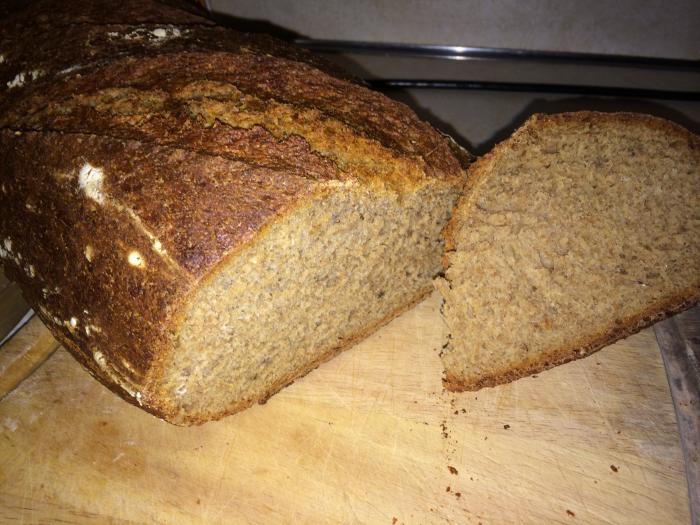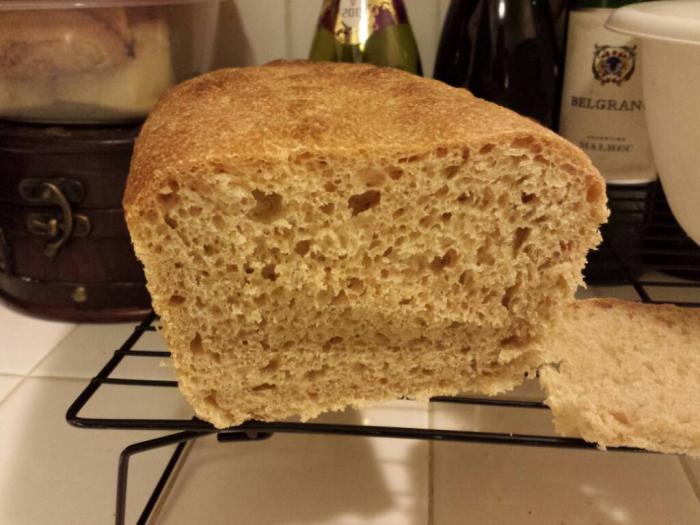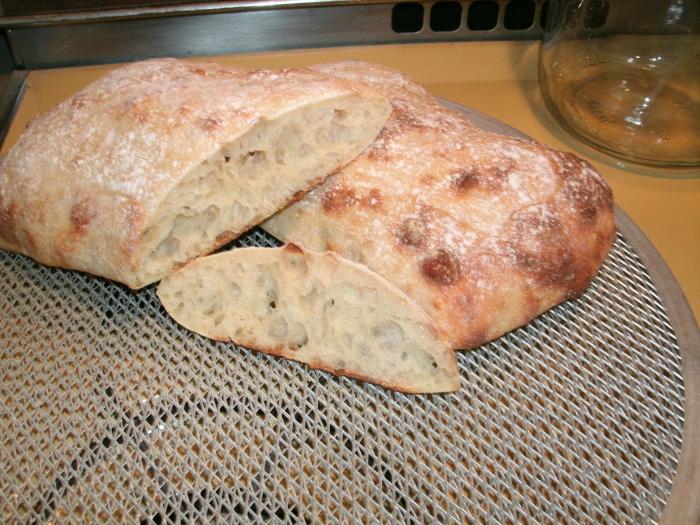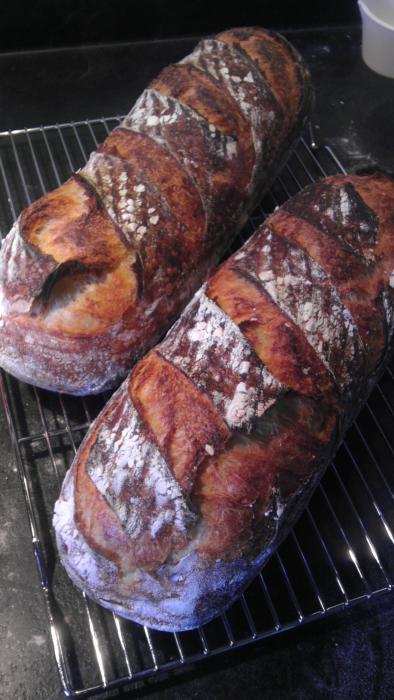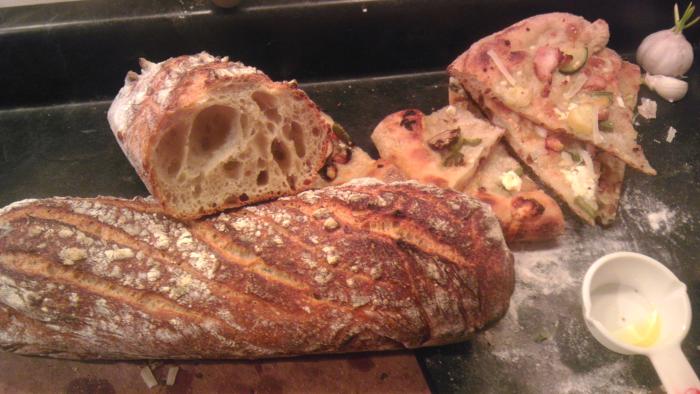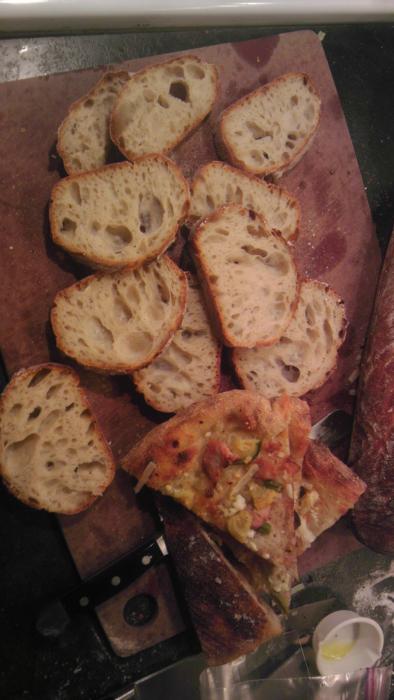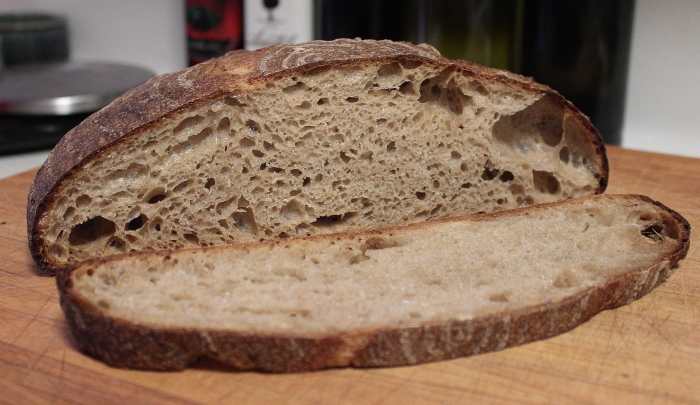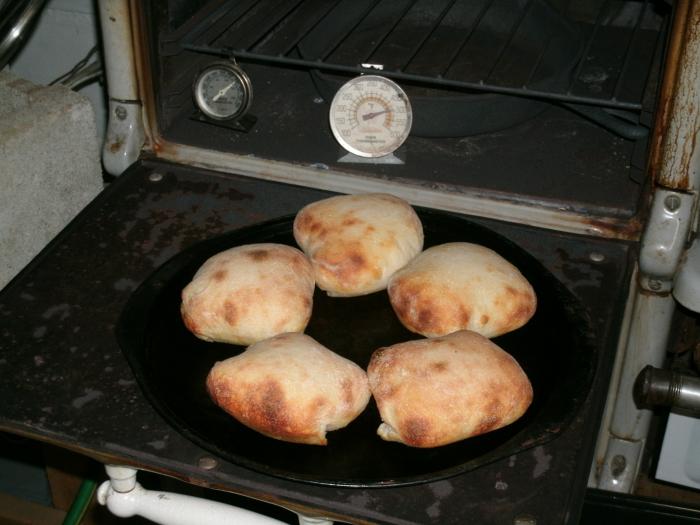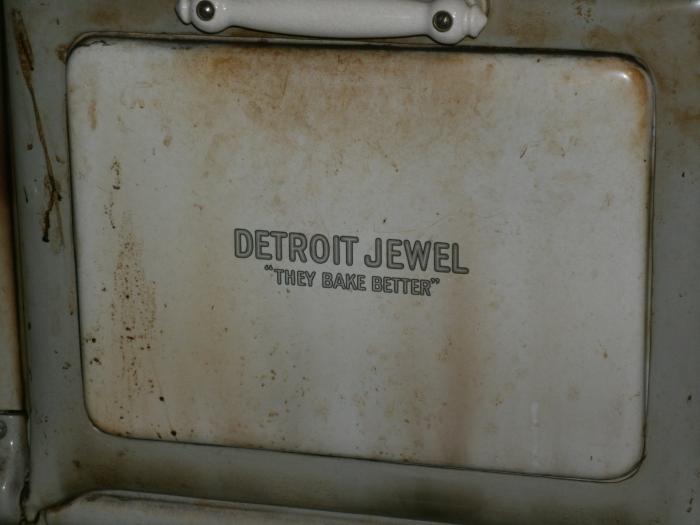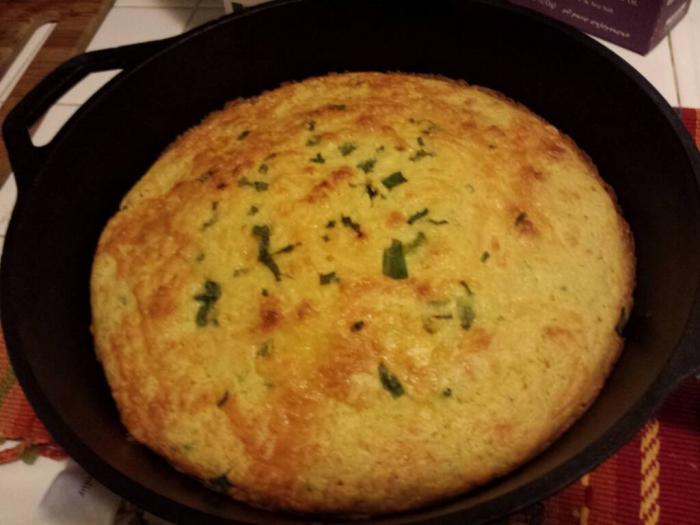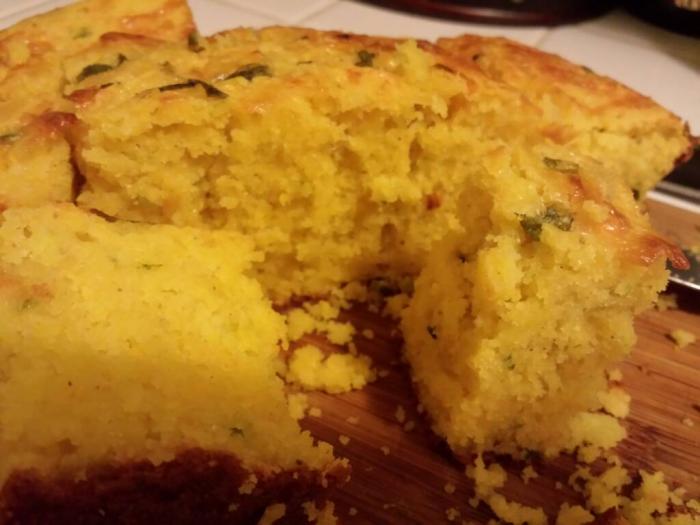HoppyDaze
Well-Known Member
Made some dough with my homemade starter last night. It blew up overnight, almost tripled in size! Starter was whole wheat flour and distilled water. (I've read not to use distilled water after the fact, but worked fine).
A couple things I've noticed while reading up on bread making. People seem to be using these three words interchangeably. Rise, Proof and Ferment. Being a rookie at this it can get a bit confusing. I know they aren't the same. What are your descriptions for those terms?
A couple things I've noticed while reading up on bread making. People seem to be using these three words interchangeably. Rise, Proof and Ferment. Being a rookie at this it can get a bit confusing. I know they aren't the same. What are your descriptions for those terms?









